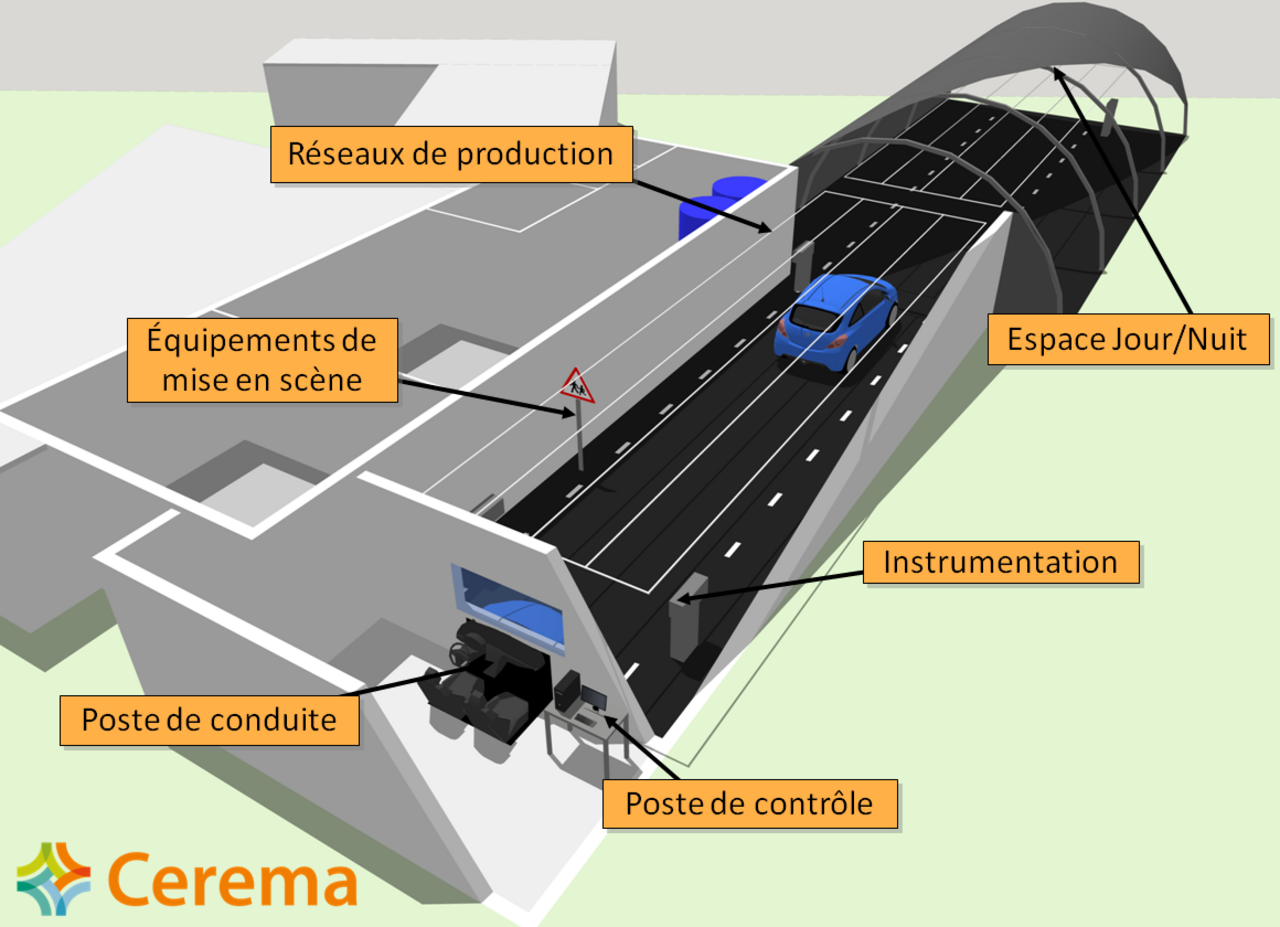CEREMA is the French major public institution for developing and capitalising on public expertise in the fields of planning, regional cohesion, and ecological and energy transition.
It offers unique expertise in the areas of mobility, transport infrastructure, urban planning and construction, resource conservation, risk prevention, road and maritime safety, and the ability to integrate these different skills into developing territorial projects.
As a multidisciplinary scientific and technical resource and expertise centre, CEREMA assists in developing, implementing and assessing public policies, at national and local levels.
CEREMA provides direct support to governmental services, local authorities, and companies (project management assistance, specific operational missions, etc.). It develops, experiments and disseminates innovative solutions.
With about 2,500 employees throughout metropolitan France and a long-standing knowledge of local issues and contexts, CEREMA is resolutely committed to the challenge of sustainable regional development, in order to define the public policies of tomorrow.
The organisation of mobility and the modes of transport are at the heart of many societal issues: ecological transition, social and territorial cohesion, the digital era, etc. Through multidisciplinary approaches and the capitalisation and dissemination of good practice, Cerema enlightens the choices of decision-makers, technicians and economic players. Cerema's objective is to contribute to the implementation of efficient, economical mobility policies and services accessible to all, adapted to the specific characteristics of the territories and the needs of their populations.
Automated vehicles are revolutionising travel models. Through its expertise and its research teams, Cerema is positioned at the interface between this innovative object and the stakeholders faced with its gradual arrival. Continuous innovation in the field of Intelligent Transport also regularly leads to the need for experimentation. These must be conducted on adapted platforms, such as the Cerema PAVIN Brouillard et Pluie platform. This platform consists of a scientific equipment unique in Europe, located on the Clermont-Ferrand site and managed by a research team specialising in Intelligent Transport Systems (ITS). The installation produces degraded weather conditions of rain and fog in a static enclosure (see photo). These so-called degraded visibility conditions are metrologically controlled, enabling the platform to be particularly well suited to the development and evaluation of artificial vision systems such as those that will equip future automated vehicles.

